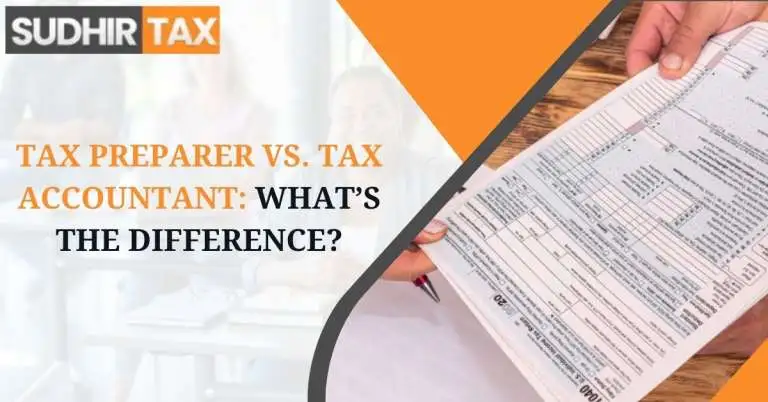Mastering State Taxes: A Comprehensive Guide for Every Taxpayer
In personal finance, navigating the maze of taxation requires a thorough understanding not only of federal obligations but also of state taxes. State taxes are a vital component of every taxpayer’s financial landscape, impacting everything from residency rules to strategic tax planning. In this extensive guide, we will deeply dive into the intricacies of state taxation in the United States, leaving no stone unturned as we explore essential topics for taxpayers.
Unraveling State Taxation:
We encompass a broad spectrum of levies imposed by individual states, including income taxes, sales taxes, property taxes, and various other fees. Each state operates under its own unique tax system, characterized by nuances in tax rates, exemptions, and credits. Understanding the fundamentals of state taxation sets the stage for navigating the complexities of tax obligations at the state level.
Deciphering Residency Rules and Tax Filing:
Determining residency status is paramount for tax purposes, as it significantly influences tax filing requirements and obligations to the state. Residency rules vary among states, and understanding the criteria for residency determination is essential for accurate tax compliance.
Delving into State Income Taxes:
We serve as a significant revenue source for most states. To navigate these waters effectively, taxpayers must understand the intricacies of their state’s income tax framework, including tax rates, brackets, and the myriad deductions and credits available.
Grasping State Sales Taxes:
We are imposed on the sale of goods and services within a given state, with rates varying widely among states. Certain items may be exempt from taxation under state laws, making it crucial for businesses and consumers alike to understand state sales tax regulations.
Tackling Property Taxes:
We are levied on real estate properties based on their assessed value. Understanding property tax calculation methods and available deductions and rebates is essential for homeowners looking to manage their tax liabilities effectively.
Strategic Tax Planning:

Strategic tax planning is key to minimizing state tax burdens and optimizing tax efficiency. We can confidently navigate state taxation by strategically timing income and expenses, maximizing deductions and credits, and leveraging tax-advantaged accounts.
Leveraging State Tax Credits and Incentives:
Many states offer tax credits and incentives to promote specific behaviors or investments. Understanding these opportunities and meeting eligibility criteria can help taxpayers maximize tax savings.
Navigating State Tax Audits and Compliance:
We can be daunting, but knowing how to handle them and respond to audit inquiries is essential for maintaining compliance. Proper documentation and professional assistance can aid taxpayers in navigating state tax audits successfully.
Understanding State Taxation for Businesses:
 Businesses face various state tax obligations, including corporate income taxes, sales taxes, and employment taxes. Understanding state tax laws and compliance requirements is crucial for business owners to avoid penalties and optimize tax planning strategies.
Businesses face various state tax obligations, including corporate income taxes, sales taxes, and employment taxes. Understanding state tax laws and compliance requirements is crucial for business owners to avoid penalties and optimize tax planning strategies.
Choosing the Right Tax Preparation Service:
While some taxpayers may opt for independent tax preparation, many benefit from professional assistance. Factors such as experience, reputation, and expertise should be considered when selecting a tax preparation service. Partnering with a reputable tax preparation service can simplify the complexities of state taxation.
Exploring State-specific Tax Considerations:
Each state may have unique tax laws and regulations that taxpayers need to be aware of. These considerations may include state-specific deductions, credits, or tax incentives that can significantly impact a taxpayer’s overall tax liability.
Planning for State Tax Changes:
State tax laws can change over time due to legislative action or economic factors. Taxpayers should stay informed about potential changes in state tax laws and plan accordingly to adapt their tax strategies.
Conclusion:
Mastering state taxes requires a comprehensive understanding of state-specific regulations and obligations. By familiarizing ourselves with residency rules, income taxes, sales taxes, and property taxes, we can effectively manage our tax obligations within the state. Additionally, strategic tax planning and leveraging available tax credits and incentives can help minimize tax burdens and optimize tax efficiency. For expert assistance with tax preparation and compliance, taxpayers can consider partnering with a reputable service like Sudhir Tax. To learn more about state taxes and how Sudhir Tax can assist you, visit our website today.









